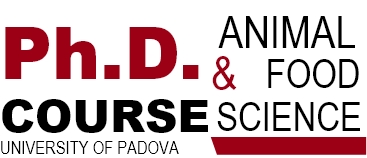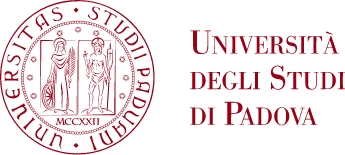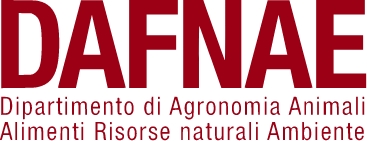Effect of dietary supplementation with yeast cell wall extracts on performance and gut response in broiler chickens
Pascual Guzman A., Pauletto M., Giantin M., Radaelli G., Ballarin C., Birolo M., Zomeño C., Dacasto M., Bortoletti M., Vascellari M., Xiccato G., Trocino A. (2020)
The dietary supplementation of yeast cell wall extracts (YCW) has been found to reduce pathogenic bacteria load, promote immunoglobulin production, prevent diseases by pro-inflammatory responses, and alter gut microbiota composition. This study evaluated growth and slaughter results, health, gut morphology, immune status and gut transcriptome of 576 male chickens fed two diets, i.e. C (control) or Y (with 250–500 g/t of YCW fractions according to the growth period). At 21 and 42 d the jejunum of 12 chickens per diet were sampled and stained with hematoxylin/eosin for morphometric evaluation, with Alcian-PAS for goblet cells, and antibodies against CD3+ intraepithelial T-cells and CD45+ intraepithelial leukocytes. The jejunum sampled at 42 d were also used for whole-transcriptome profiling.
Dietary YCW supplementation did not affect final live weight, whereas it decreased feed intake (114 to 111 g/d; P ≤ 0.10) and improved feed conversion (1.74 to 1.70; P ≤ 0.01). Regarding the gut, YCW supplementation tended to increase villi height (P = 0.07); it also increased the number of goblet cells and reduced the density of CD45+ cells compared to diet C (P < 0.001). In the gut transcriptome, four genes were expressed more in broilers fed diet Y compared to diet C, i.e. cytochrome P450, family 2, subfamily C, polypeptide 23b (CYP2C23B), tetratricopeptide repeat domain 9 (TTC9), basic helix-loop-helix family member e41 (BHLHE41), and the metalloreductase STEAP4. Only one gene set (HES_PATHWAY) was significantly enriched among the transcripts more expressed in broilers fed diet Y. However, a total of 41 gene sets were significantly over-represented among genes up-regulated in control broilers. Notably, several enriched gene sets are implicated in immune functions and related to NF-κB signaling, apoptosis, and interferon signals.
The dietary YCW supplementation improved broiler growth performance, increased gut glycoconjugate secretion and reduced the inflammatory status together with differences in the gut transcriptome, which can be considered useful to improve animal welfare and health under the challenging conditions of intensive rearing systems in broiler chickens.



